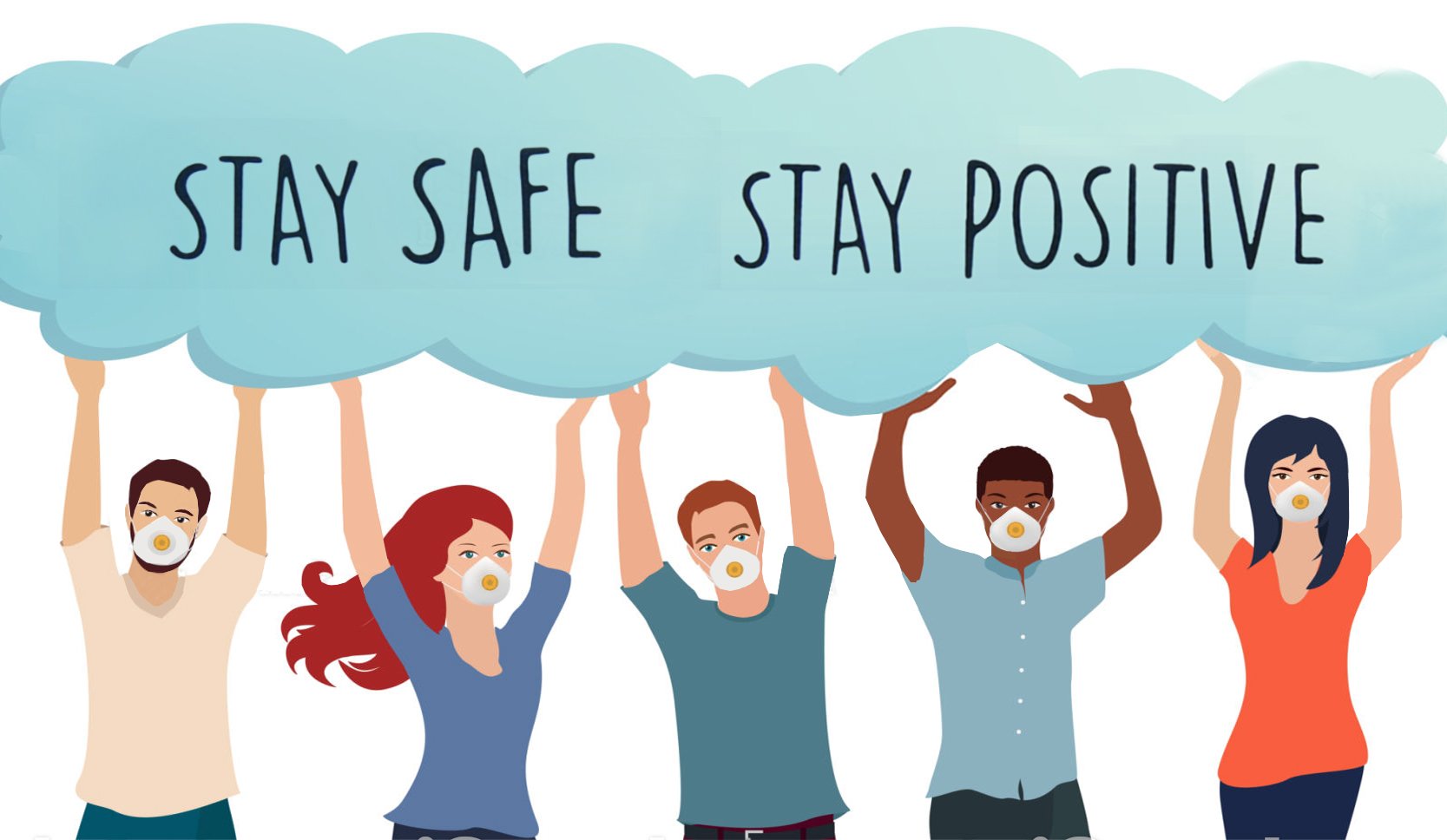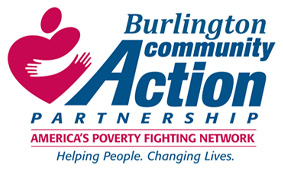Important COVID-19 and Variants Information
Indoor Mask Requirement
- All students, educators, staff, and visitors will be required to wear face masks indoors for the start of the 2021-2022 school year. Effective Monday, August 9, 2021, masks are required in the indoor premises of all public, private, and parochial preschool, elementary, and secondary school buildings, with limited exceptions, outlined below.
- Exceptions to the mask requirement remain unchanged from the 2020-2021 school year, and include:
- When doing so would inhibit the individual’s health, such as when the individual is exposed to extreme heat indoors;
- When the individual has trouble breathing, is unconscious, incapacitated, or otherwise unable to remove a face covering without assistance;
- When a student’s documented medical condition or disability, as reflected in an Individualized Education Program (IEP) or Educational Plan pursuant to Section 504 of the Rehabilitation Act of 1973, precludes use of a face covering;
When the individual is under two (2) years of age
o When an individual is engaged in an activity that cannot be performed while wearing a mask, such as eating and drinking or playing an instrument that would be obstructed by the face covering;
When the individual is engaged in high-intensity aerobic or anerobic activity
- When a student is participating in high-intensity physical activities during a physical education class in a well-ventilated location and able to maintain a physical distance of six feet from all other individuals; or
- When wearing a face covering creates an unsafe condition in which to operate equipment or execute a task.
Social Distancing and Cohorting
- Though physical distancing recommendations must not prevent a school from offering full-day, full-time, in person learning to all students for the 2021-2022 school year, LEAs should consider implementing physical distancing measures as an effective COVID-19 prevention strategy to the extent they are equipped to do so while still providing regular school operations to all students and staff in-person.
- During periods of high community transmission or if vaccine coverage is low, if the maximal social distancing recommendations below cannot be maintained, LEAs should, where possible, prioritize other prevention measures including masking, screening testing, and cohorting.
- I am Vaccinated But Lost My Card – There is a New App Which Can Help With That! Docket is a new app from the NJ Department of Health that makes it easier for you and your family to securely access your COVID-19 vaccination record. If you don’t have your vaccination card with you or you have lost it, you can easily access your record through the app to provide proof of COVID-19 immunizations as needed.
- The Docket app is now available in the App store or on Google Play in English or Spanish depending on Smartphone settings.
- Individuals with an email or phone number on file with the New Jersey Immunization Information System can access and download their COVID-19 vaccination record using the app. The app can also provide access to family members’ records through a shared account.
- Docket is a CDC-approved application currently used in Utah and planned for rollout in additional states. Information in Docket will only be used to provide consumers with electronic access to their own COVID-19 vaccination record, however, future plans include expanded access for other full immunization histories. The app adheres to federal and state standards for data security and privacy.
- If a resident received their COVID-19 vaccine out-of-state, their records may not be available in New Jersey Immunization Information System. The NJ Department of Health has worked with New York State and New York City to obtain records of New Jersey residents vaccinated there and is working on obtaining records for New Jersey residents vaccinated in other states/jurisdictions.
- Pop-Up Vaccine Clinics for Burlington Students: Burlington County is offering free-of-charge vaccination opportunities for children ages 12 to 18 and unvaccinated adults. This is being done as a proactive approach to prevent further outbreaks of COVID-19 as the new school year begins. Please see COVID vaccination site lists on the flyer to the right.
Additional Public Health Guidance for In-Person Learning
- The Department of Education, in partnership with the Department of Health, has produced a health and safety guidance document detailing recommendations designed to provide a healthy and safe environment for students and staff during the 2021-2022 school year.
- These strategies are recommendations, not mandatory standards. The absence of one or more of these strategies should not prevent school facilities from opening for full-day, in-person operation.
- Where possible, the Department’s recommendations should be used to develop a layered approach to help prevent the spread of COVID-19, and schools should implement as many layers as feasible.
- For full details on these recommendations, refer to the NJ’s Department of Education and the Department of Health’s health and safety guidance for the 2021–2022 school year.
The strategies and procedures include, but are not limited to:
- Vaccination: Most K-12 schools will have a mixed population of fully vaccinated, partially vaccinated, and unvaccinated individuals at any given time, thereby requiring the layering of preventive measures to protect individuals who are not fully vaccinated. Local Education Agencies (LEAs) are encouraged to have a system in place to determine the vaccination status of students and staff, however, if an LEA is unable to determine the vaccination status of individual students or staff, those individuals should be considered not fully vaccinated.
- LEAs should actively promote vaccination for all eligible students and staff. As vaccine eligibility expands, LEAs should consider school-wide vaccine coverage among students and staff as an additional metric to inform the need for preventive measures such as physical distancing and masking
Parental Screening
- Parents/caregivers should be strongly encouraged to monitor their children for signs of illness every day as they are the front line for assessing illness in their children. Students who are sick should not attend school. Schools should strictly enforce exclusion criteria for both students and staff.
- Schools should provide clear and accessible directions to parents/caregivers and students for reporting symptoms and reasons for absences.
Testing
o At all levels of community transmission, NJ Department of Health recommends schools work with their local health departments to identify rapid viral testing options in their community for the testing of symptomatic individuals and asymptomatic individuals who were exposed to someone with COVID-19.
Response to Symptomatic Students and Staff
o Schools should ensure that procedures are in place to identify and respond to a student or staff member who becomes ill with COVID-19 symptoms.




